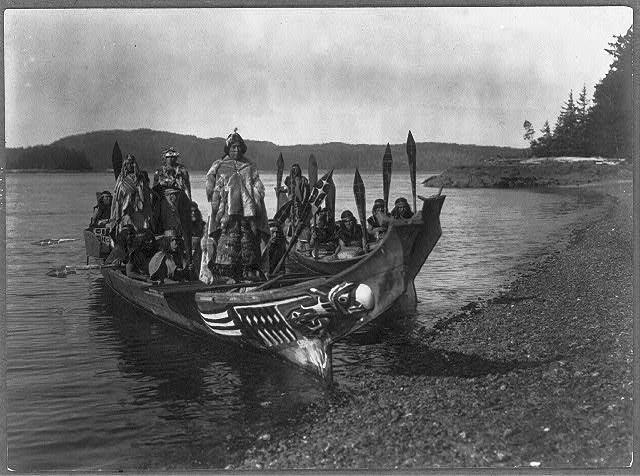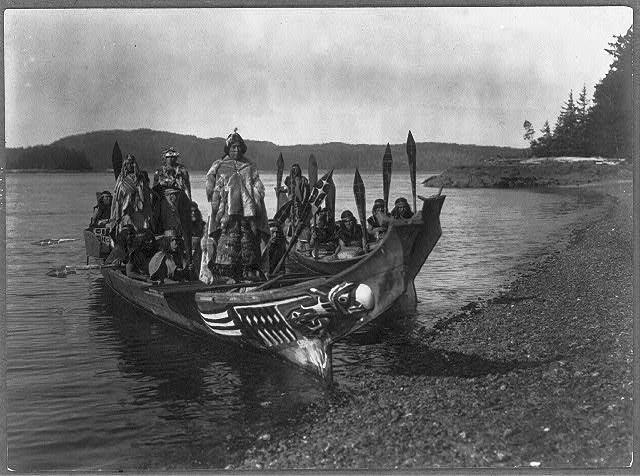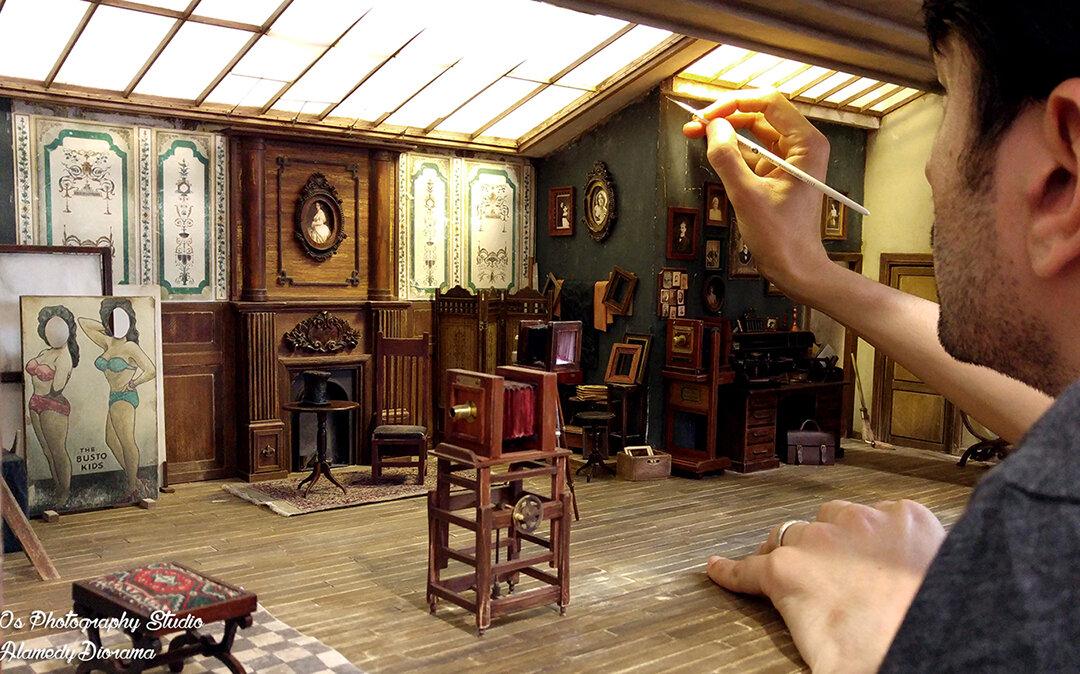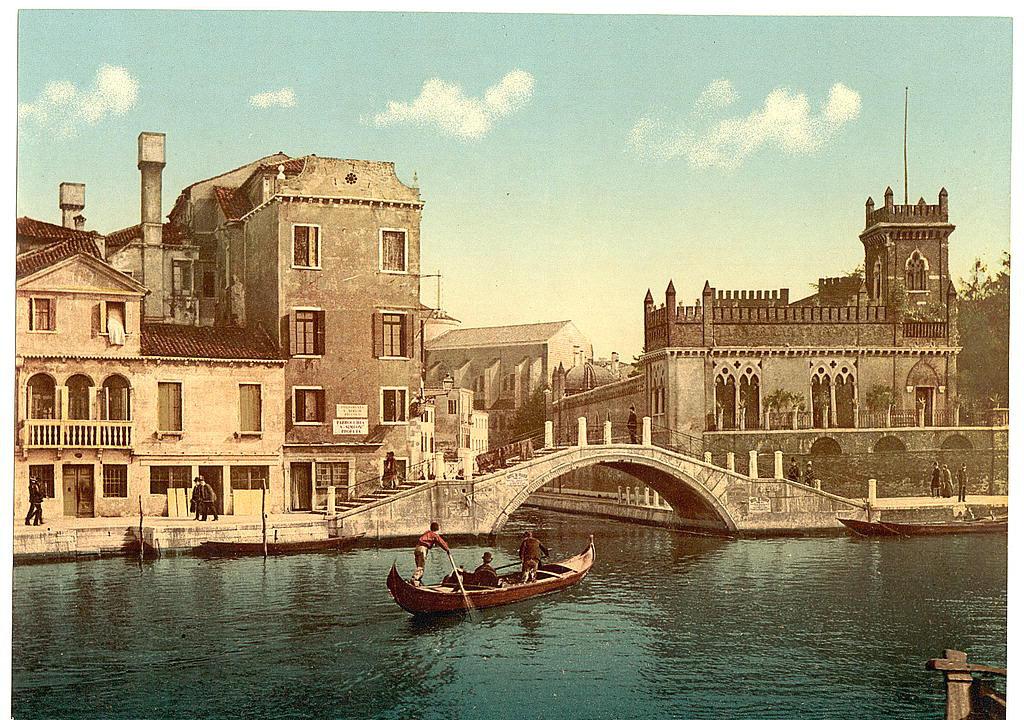There are many mysteries surrounding the ancient monuments at Stonehenge in Wiltshire, England.
Researchers in Britain, working with experts at the Ludwig Boltzmann Institute for Archaeological Prospection and Virtual Archaeology in Austria have created the first underground survey of Stonehenge.
Their survey covers an area of more than four square miles around the ancient monument. Previous excavations have done untold amounts of damage to the prehistoric evidence at the site, but the latest map of the underground area hasn’t involved any digging yet.
Through the use of magnetometers and ground penetrating radar, the researchers have identified 15 possibly new or previously unstudied monuments from the late Neolithic era.
The discoveries include henges, barrows, ditches and pits surrounding the world-famous site.
Vince Gaffney, one of the lead researchers is quoted as saying: “The point I think we’re coming to is that increasingly we can see the area around Stonehenge as providing extensive evidence for complex liturgical movement—which we can now understand, largely because we know where things are.”
This study is known as the Stonehenge Hidden Landscapes Project, and it took the researchers 120 days over the course of four years to complete the scan of the area using their noninvasive method.




